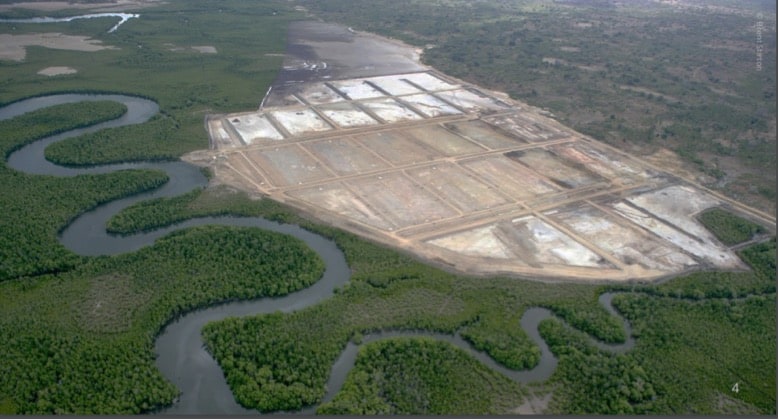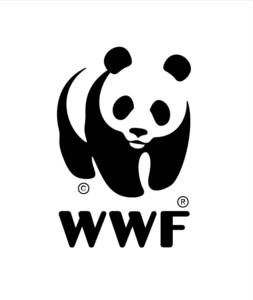Future-Proofing Farmed Shrimp Production
With $27 billion Euro in trade value, farmed shrimp is one of the most traded seafood commodities in the world. Global farmed shrimp productions surpassed 5 million metric tons in 2018 and will continue to grow as global seafood demand grows.
While this growth has generated substantial export value for many developing countries, the pressure of rapid increase in production has also resulted in degradation and depletion of critical natural habitats and biodiversity loss, and it has been linked to instances of forced labour and human rights abuses. Over 50% of all mangroves worldwide have been lost since 1940. An estimated 238,319 hectares (ha) of mangroves have been converted to shrimp ponds over the last two decades in the top producing countries. That area is the equivalent of over 330,000 football fields. The deforestation is driving climate change, threatening wildlife and habitats, polluting drinking water, and harming neighbouring fisheries on which others rely for food and jobs.
There is a strong opportunity to stop these trends and halt negative impacts ensuring that farmed shrimp products come from more environmentally and socially responsible sources because it is not too late to help rebuild our food systems.
Therefore, WWF is requesting decision makers along the shrimp supply chain to source responsibly farmed shrimp that is:
- traceable to the source farm,
- free from deforestation,
- free from conversion of natural ecosystems and
- produced in a manner that protects labour and human rights
Please contact Axel Hein for more information on how your company can get involved.
Consumers care about ethically and sustainably sourced products and can contribute to this by only choosing responsibly farmed shrimp, which can be easily identified by the ASC logo on the package.
Please watch this video here
More information can be found here
















